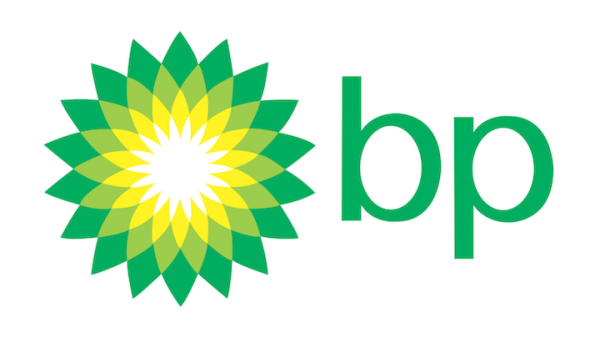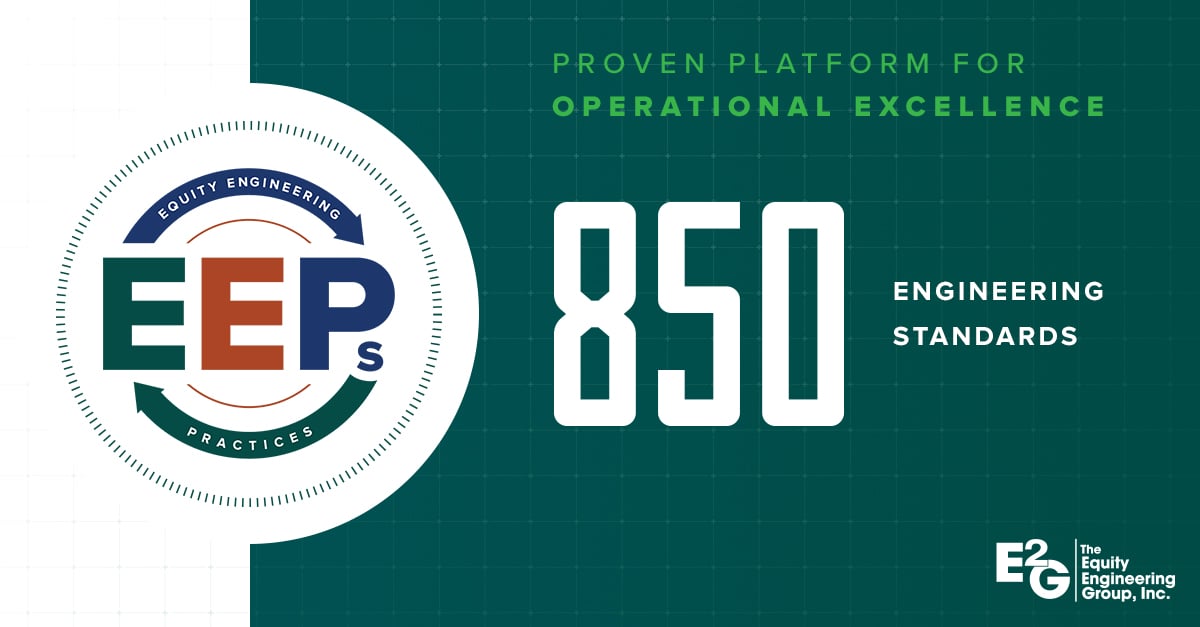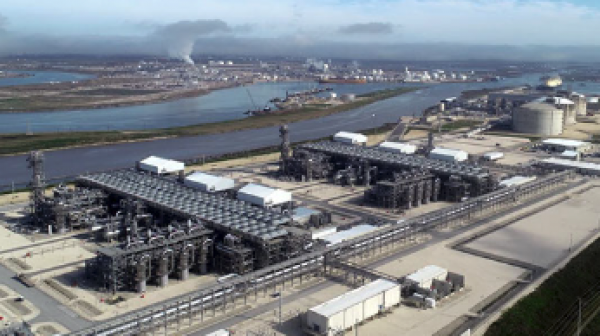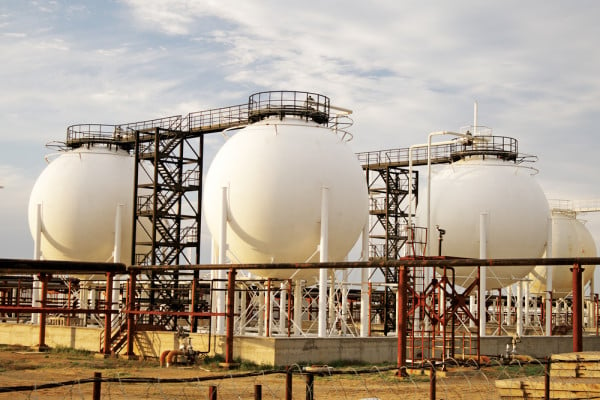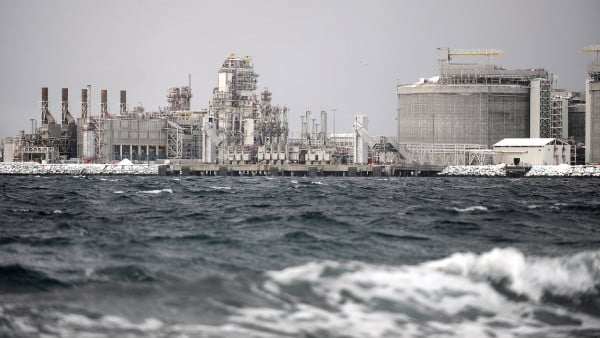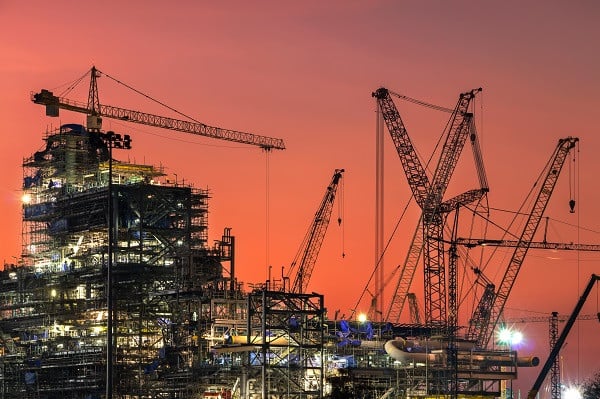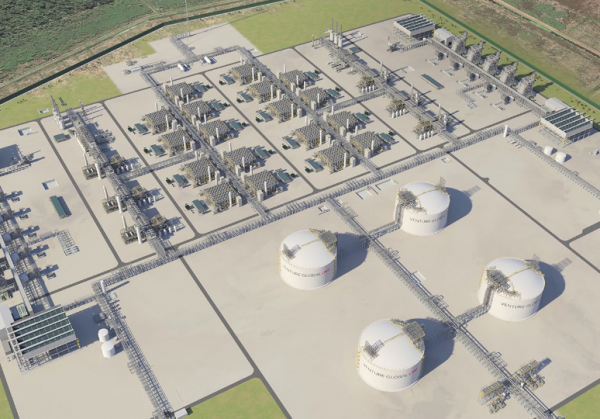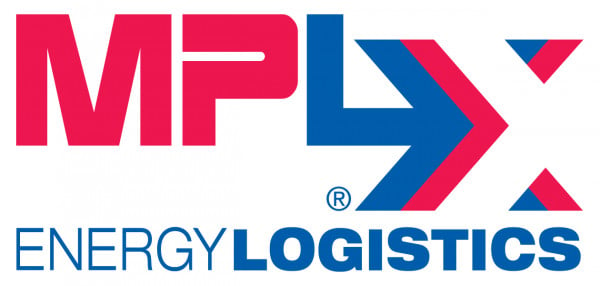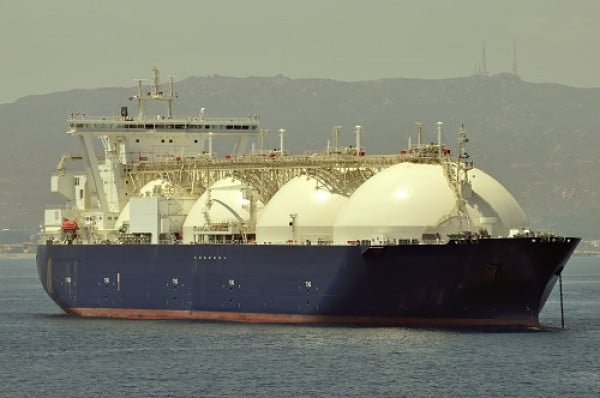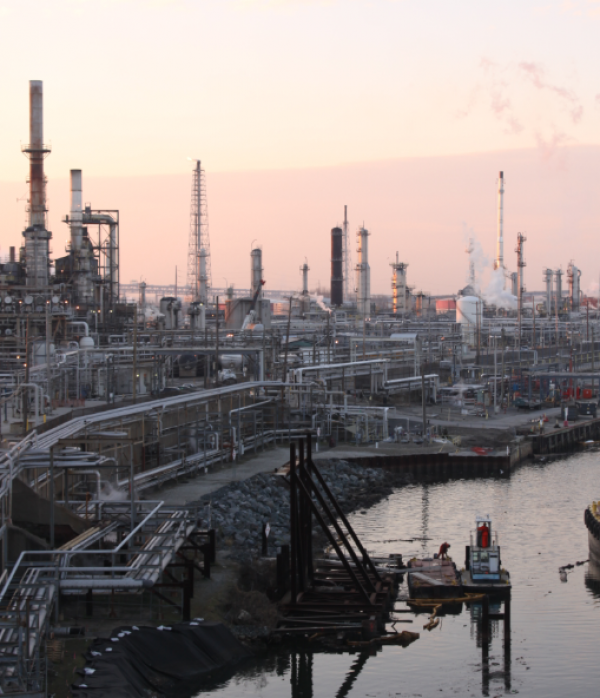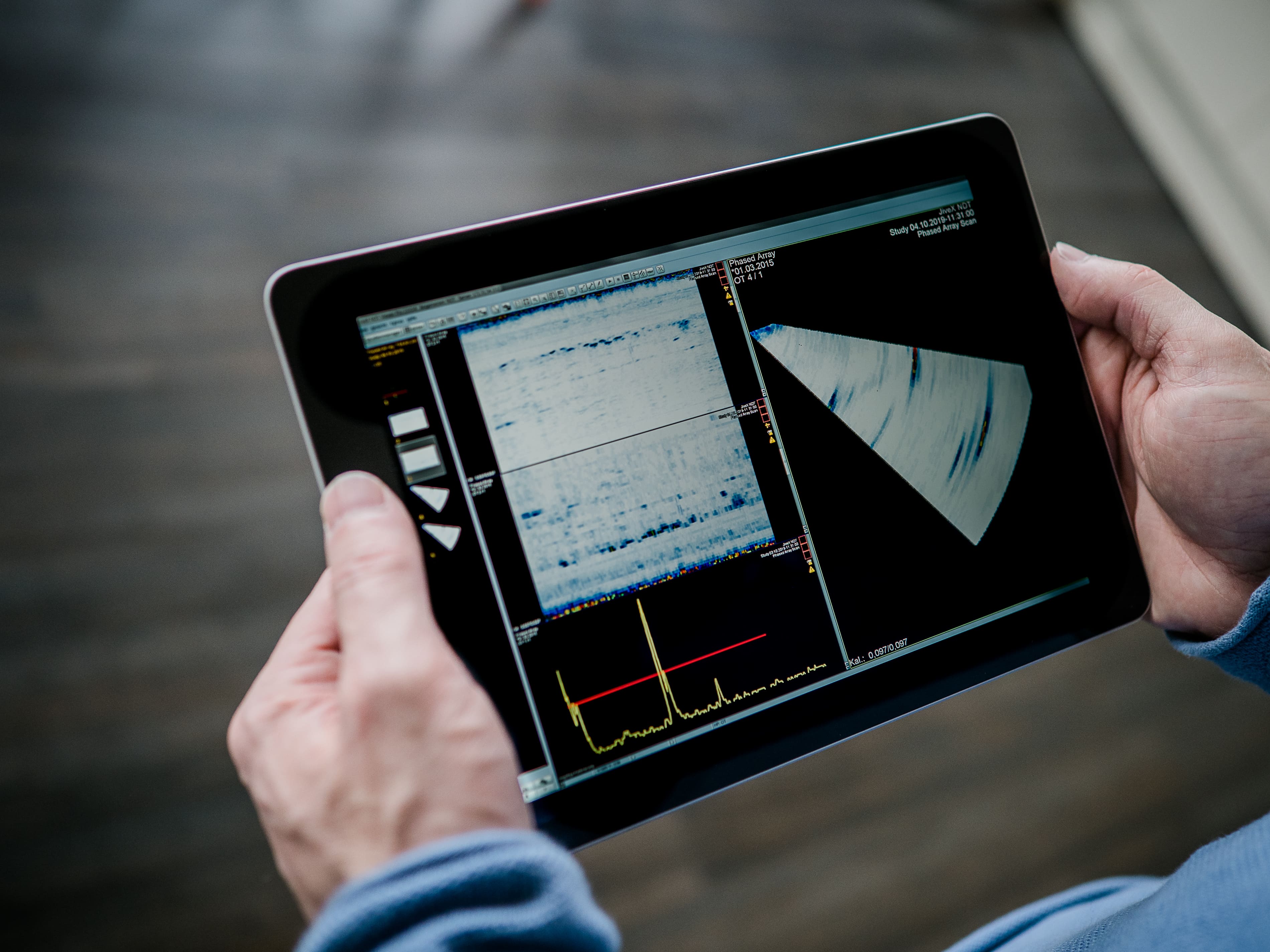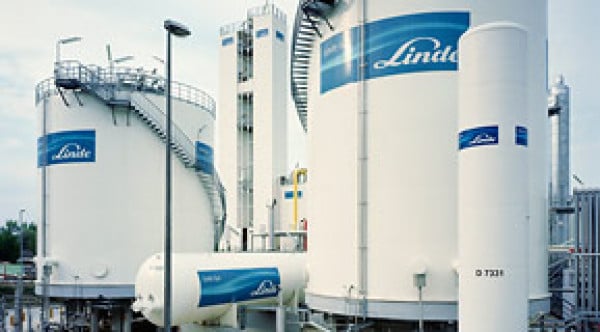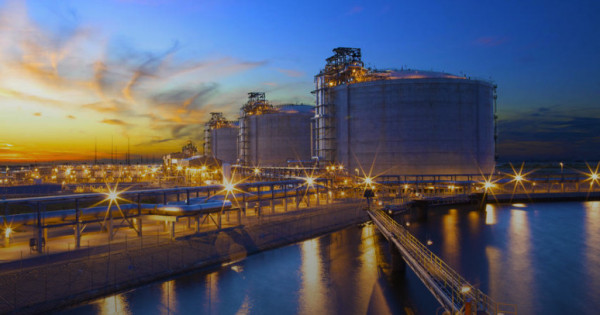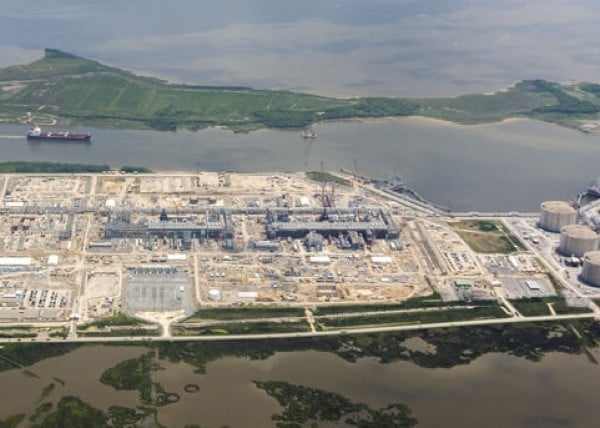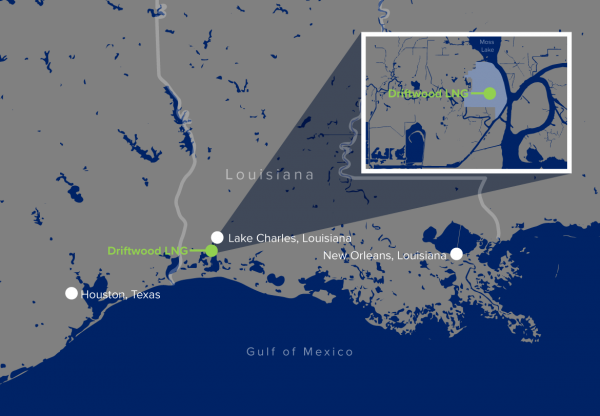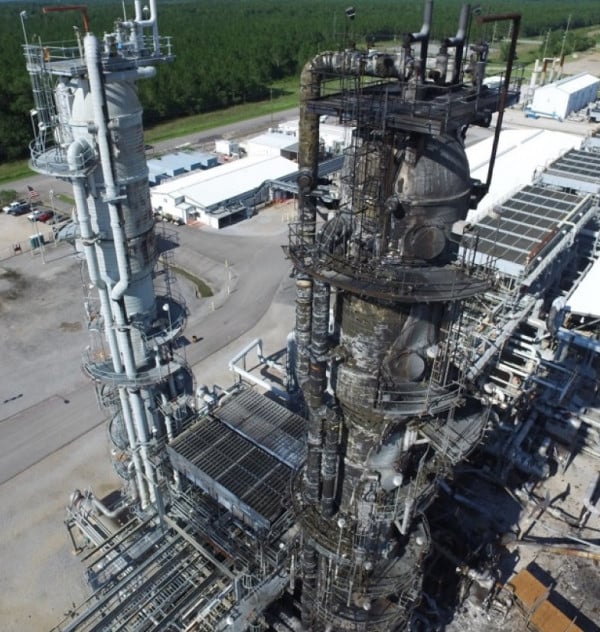Gas Processing is the process of removing the impurities and contaminants from raw natural gas in order to provide a useable product for residential and commercial use. Raw natural gas must be purified to meet certain quality standards specified by major pipeline transmission and distribution companies. Contaminants often removed from natural gas include: heavier gaseous hydrocarbons such as ethane, propane, butane, and isobutane, acid gasses such as carbon dioxide and hydrogen sulfide, water, liquid hydrocarbons, and mercury. The final processed gas is almost pure methane.
Many of these so-called impurities are referred to as natural gas liquids or NGLs (ethane, propane, butane, isobutane, and natural gasoline) and can be very valuable by-products of natural gas processing. These NGLs are sold separately and have a variety of different uses, including:
- Enhancing oil recovery in oil wells,
- Providing raw materials for oil refineries or petrochemical plants, and
- As sources of energy.
A gas processing plant often consists of equipment including, but not limited to, pipelines, separators, dehydrators, process piping, boilers, absorption towers, fractionators, and storage tanks.
Relevant Links
Topic Tools
Share this Topic
Contribute to Definition
We welcome updates to this Integripedia definition from the Inspectioneering community. Click the link below to submit any recommended changes for Inspectioneering's team of editors to review.
Contribute to Definition







